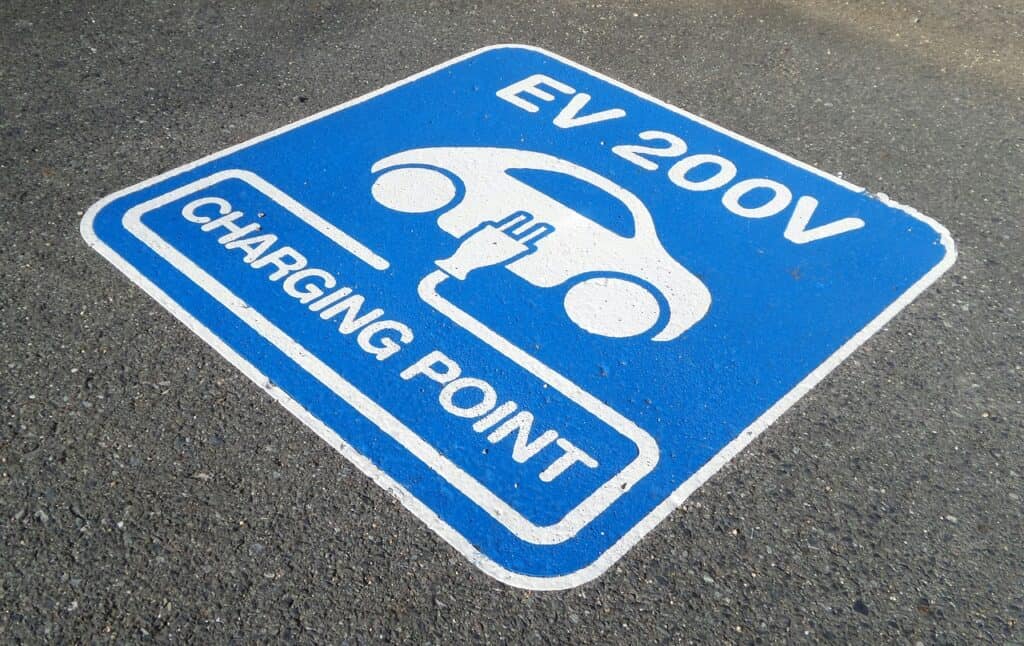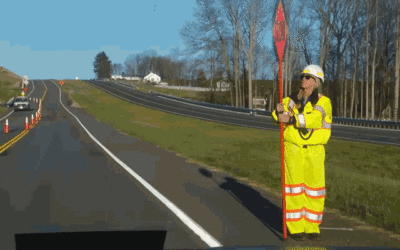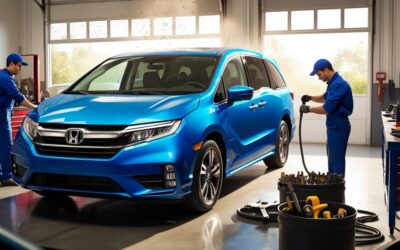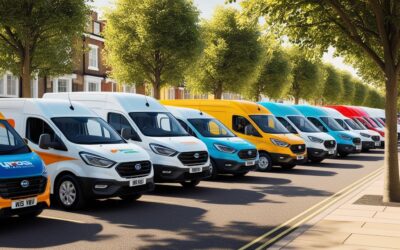Zero Emissions Fleet Vehicle Registrations On The Rise

The number of zero emissions HGVs on the road in the UK has increased significantly in recent years, but what impact is it having on environmental targets?
The figures show that fleet owners are investing in electric and hydrogen HGVs as well as vans and other fleet vehicles, with the number of registrations more than doubling in the last decade.
However, low emission HGVs still make up a small part of the overall market at just 0.5%, which goes to show how far EV technology has to go to be adopted in the HGV fleet market.
What Does The Zero Emissions Fleet Market Look Like In The Future?
The reality is that fleet owners need to have confidence in the EV and zero emissions market in order to be able to commit to new vehicles.
For fleets, tight markets and rising costs in the last couple of years coupled with the pushback of the internal combustion engine (ICE) ban to 2035 has made it a tougher consideration.
There’s no doubt that there are clear benefits for fleets in owning new zero emissions vehicles, but those benefits will always have to involve being commercially viable.
A reduced carbon footprint and more efficient operations are clear benefits, but how viable is an electric HGV if the charging infrastructure isn’t at optimum levels?
Much has been said about the UK’s charging point infrastructure and there’s now calls from experts to create a national charge point strategy that specifically considers HGVs and fleets to ensure maximum efficiency and minimum disruption.
After all, if the impact of charging availability increases journey times or requires detours, it not only affects the logistics planning for fleet owners, but also the profit margins and costs incurred.
And while an uplift in the number of off-road charging points is a positive point, the concerns around access and availability still remain.
For fleets to have the confidence to put their longer-haul services in the hands of EVs will take a significant improvement in the infrastructure, which mainly means an increase in the number of public charging points around the country.
Experts believe the UK will need more than 2 million new charging points across the UK so that all drivers and fleets have the confidence to invest in the latest low-emission technology.
Is Now The Time To Switch To EVs?
For many fleets, the changeover to EVs is already well underway (or complete!).
The issue has been both the infrastructure (access to rapid charging points at service stations and other locations) and the range of battery-electric vehicles.
And just a few months ago, a study found that three-quarters of fleets were postponing their plans to go electric because of rising costs.
The reality is that fleets are feeling the pinch more than most, with costs rising on the commodities they use such as fuel, energy in warehouses and depots and raw material costs.
So, has your fleet made the switch to electric? If not, is it in the pipeline? And if not, what is your thought process – are you put off by the infrastructure or the pushback of the ICE ban?










